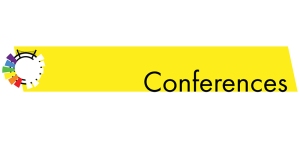Call for papers by young researchers: CIDOB International Yearbook 2024. Deadline: 10 May 2024.
The CIDOB International Yearbook is an annual volume devoted to the analysis and study of international relations and politics. Published continuously since 1990, over its 33 editions the Yearbook has become a standard volume for experts and academics studying international affairs and a key Spanish-language tool for analysing international dynamics, drivers of change and future challenges in international politics, security and economics.
With the aim of giving young researchers a voice, CIDOB is launching its 5th Call for Papers on the Analysis of International Relations, which is addressed to students, experts and analysts under the age of 30 in order to encourage a renewed vision of today’s international challenges.
The articles presented should fit into one of the following thematic categories:
- The Global South in the international order
- The rise of the new international right
- The age of insecurity
Since the call is explicitly aimed at young researchers, the authors must be a maximum of 30 years of age on May 10th 2024.
Papers should be 1,200 words in length in English, and 1,500 in Spanish/Catalan.


